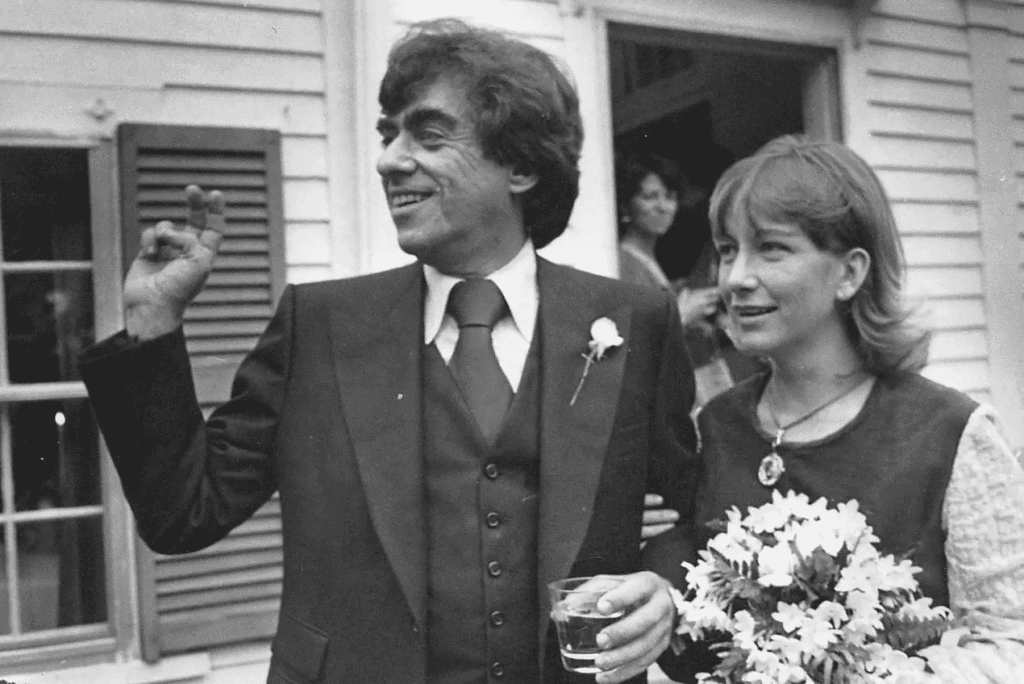I’m always a little suspicious of Doris Kearns-Goodwin. Isn’t she a little too sunny to be a historian?
Well, that’s plenty leavened by her irascible husband Dick Goodwin, the star of her wonderful new book, An Unfinished Love Story: A Personal History of the 1960s.
I’m also, perhaps weirdly, not that big on speechwriting books. You’d think the head of the Professional Speechwriters Association and the publisher of Vital Speeches of the Day would love to read draft-by-draft accounts of how famous speeches got writ. He does not.
But this book captures the adventure of political speechwriting, and avoids the tedium. Largely, because its hero (usually) managed to keep his drafts away from the committees that inevitably kill them.
An Unfinished Love Story is worth its cover price just for the story of the writing of LBJ’s voting rights speech in 1965. By deadline necessity, Goodwin wrote it in one sweaty day, his wristwatch slammed into a desk drawer to hush the ticking. It became one of the greatest speeches of the 1960s. The President of the United States uttering, “we shall overcome” made Martin Luther King cry when he heard it live at the time. And LBJ’s story about being a school teacher in a small, poor Texas school in 1928 made my inner-city schoolteacher wife cry in the car on a long trip over the weekend.
This is a rare book that may be better listened to on Audiobook than read on the page. Kearns-Goodwin narrates, and actor Bryan Cranston reads some of Dick Goodwin’s journal entries and letters. But most importantly, the speeches come to oratorical life in clips of Goodwin’s speeches for JFK, LBJ and RFK.
From the late 1950s through 1968, Dick Goodwin’s political career wasn’t remarkable, it was ridiculous. The way he navigated it wasn’t courageous as much as impervious. And the poetic brilliance of his writing speaks, through his powerful principals, for itself, and beautifully still.
His love affair with Doris, and hers with him, touched me the same way as E.B. and Kathryn White’s did, many years ago.
So this a book not just for speechwriters, but for their spouses, too.
“That,” my wife said at the end, not a trace of grudge in her voice, “was a good idea.”

